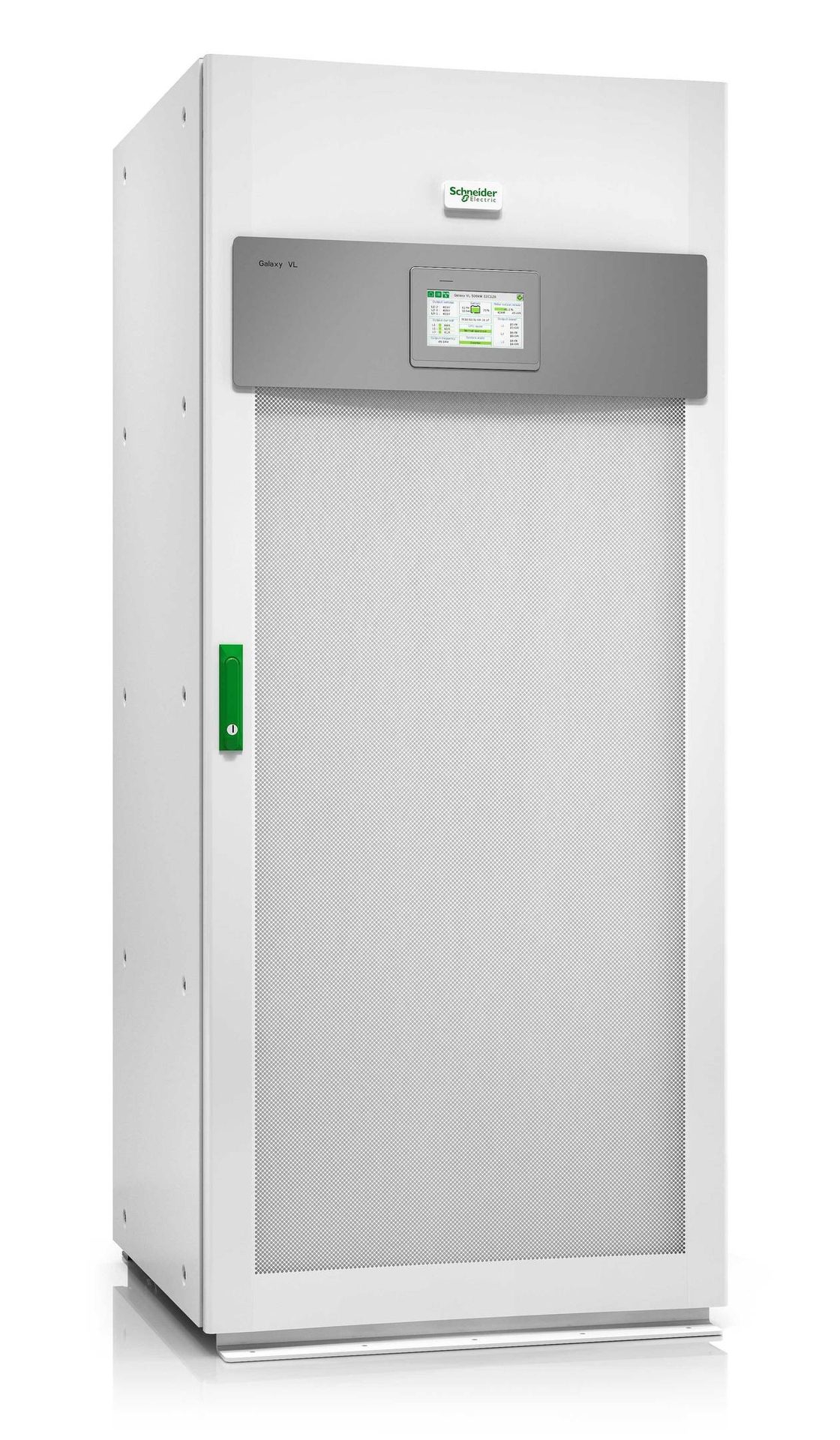Why electrical contractors need UPSs
A stable power supply is crucial in the industrial process, yet the power grid has slowly lost its reliability over time. Extreme weather events, from hurricanes in the Southeast to wildfires in California, have damaged and even destroyed power grids. Adding to the challenge, the increased use of solar and wind power can shift voltages and frequencies on the grid, making it all the more difficult to maintain a continuous flow of energy. Such events have triggered long-lasting power outages, consequently, driven facilities to completely shut off power to avoid any further catastrophes.
Power outages aren’t exactly ideal for businesses, which suffer from issues like lost system data, damaged equipment, and missed transaction opportunities. To avoid these consequences, facilities in industries, such as education, IT infrastructure, and specialty manufacturing, rely on backup power in industrial processes, enabling them to maintain operations for a certain period of time during an outage.
The fact is that it’s hard to accomplish anything in the modern world without electricity, and it’s time for industries to act accordingly. As they do, new opportunities will present themselves for electrical contractors to add revenue streams and new value to their customers.
The importance of a UPS
With the global shift to digital, there has been a significant increase in sensitive electronic systems and devices that require guaranteed uptime and high levels of protection. These systems and devices in commercial and industrial buildings, such as factories and offices, have to rely on continuous and reliable power that can only be provided by a UPS. It has also become abundantly clear throughout the past few years that remote work, remote education, and other home office applications require better protection for the networks, computers, and data storage.
Even in the event of a power failure or disruption in a main power source, UPSs can provide reliable, “clean” power to the intended loads, such as IT systems in a data center. A majority of UPS systems are able to do so by executing a double power conversion that takes in AC power from the main power source, rectifies it to DC to perform filtering and to charge the UPS battery, then converts the power back to AC. This process allows the power outlet to be conditioned at all times. In other words, it’s isolated from any spikes, brownouts, or harmonic distortions in the main power source. The battery backup can then kick in immediately in the event of a complete power failure.
Standing out in a competitive field
If electrical contractors do not list UPSs in their proposals, they are essentially leaving money on the table. Electrical contractors work in a competitive field, and there is an increasing pressure to meet all of the requirements of an invitation for bid or a request for quote, otherwise someone else will. Even if a request for proposal (RFP) to upgrade their electrical systems doesn't specifically include a UPS, customers could benefit from using a backup power solution and may go with another provider who offers that option.
Adding a UPS to a quote is a relatively simple, straightforward process. Electrical contractors can either evaluate different options entirely themselves or work with electrical distributors to select and deliver the UPS.
In order to provide customers with a better understanding of the benefits behind UPSs, walk them through the short- and long-term financial impact their businesses may experience in the event of a power outage. What is the cost for a production machine’s downtime? Would a power outage cause safety risks or impact customer operations? Once these details are made clear to customers, the need for backup power should become apparent.

Even in the event of a power failure or disruption in a main power source, UPSs can provide reliable, “clean” power to the intended loads, such as IT systems in a data center.
Image courtesy of Schneider Electric
Maintaining relationships with customers
Companies that choose to include UPSs will not only be protected from outages but can also save thousands in energy costs throughout the life spans of the systems. While a UPS model with greater energy efficiency may cost more upfront, the return on investment (ROI) takes just a few years. Additionally, adding extra value for customers through energy savings leads to increased satisfaction and loyalty.
Rather than halting customer relationships as soon as installations are complete. Electrical contractors can expand the scope of their services through long-term contracts that also include UPS service, remote monitoring, and maintenance. This can be achieved by either delivering the monitoring services or subcontracting them to a vendor, including the manufacturer of the equipment. Regular check-ins with customers for the monitoring and maintenance of UPSs develops trusted relationships, putting the electrical contractor in a better position to become a long-term advisor.
Power outages ultimately bring severe disruptions to businesses, and, in today’s world, there is an overarching expectation of businesses to be "always on" in order to be successful. Conveniently, the implementation of an UPS can help set apart electrical contractors who choose to provide this. This solution boosts the electrical contractor’s bottom line and adds much needed resilience to businesses during a time when there is a lack in grid reliability.

Carsten Baumann
Carsten Baumann is director of strategic initiatives and solution architect at Schneider Electric.
